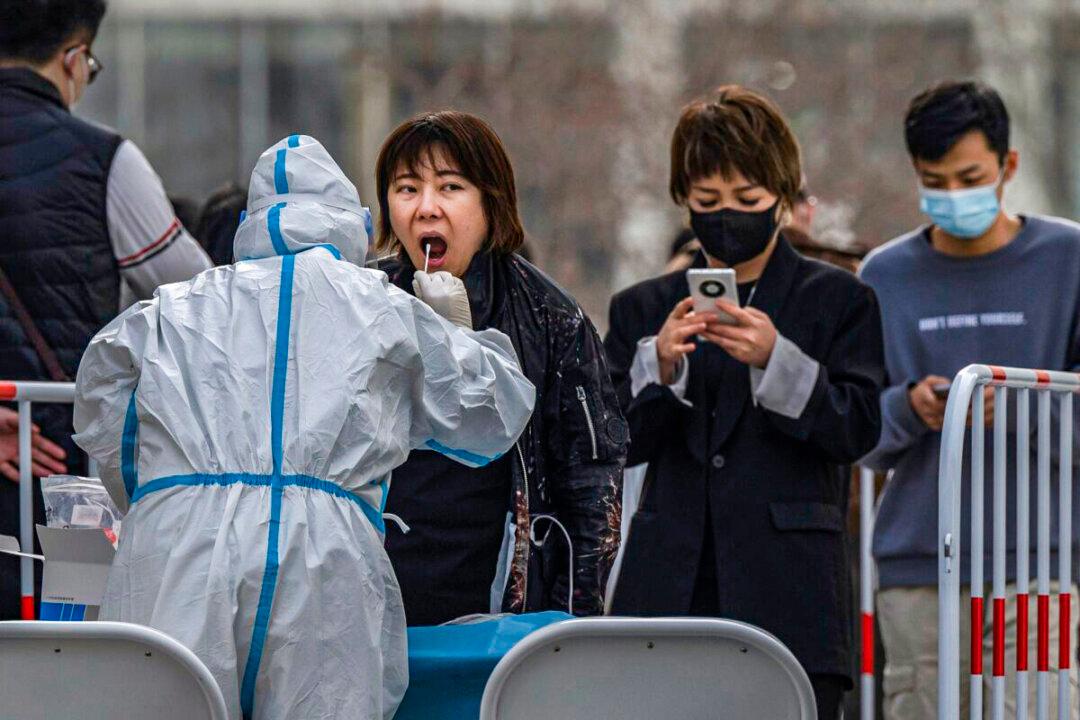In response to the recent COVID-19 surge in China, the regime has locked down mega city Shenzhen, Jilin Province, and Dongguan city, Guandong Province, and put travel restrictions on many places. Under the extreme pandemic controls, China’s citizens shared their plight with the Chinese language edition of The Epoch Times.
In the past few days, the number of COVID-19 cases in Beijing has continued to rise. On March 16, Beijing authorities once again issued travel restrictions banning people from risk areas entering Beijing. Several young women, who live in Yanjiao and travel to and from Beijing every day for work, were trapped on the bridge between Beijing and Yanjiao on the way home, as both cities suddenly implemented travel restrictions. They had to stay on the bridge overnight in the freezing cold and no help from authorities.




